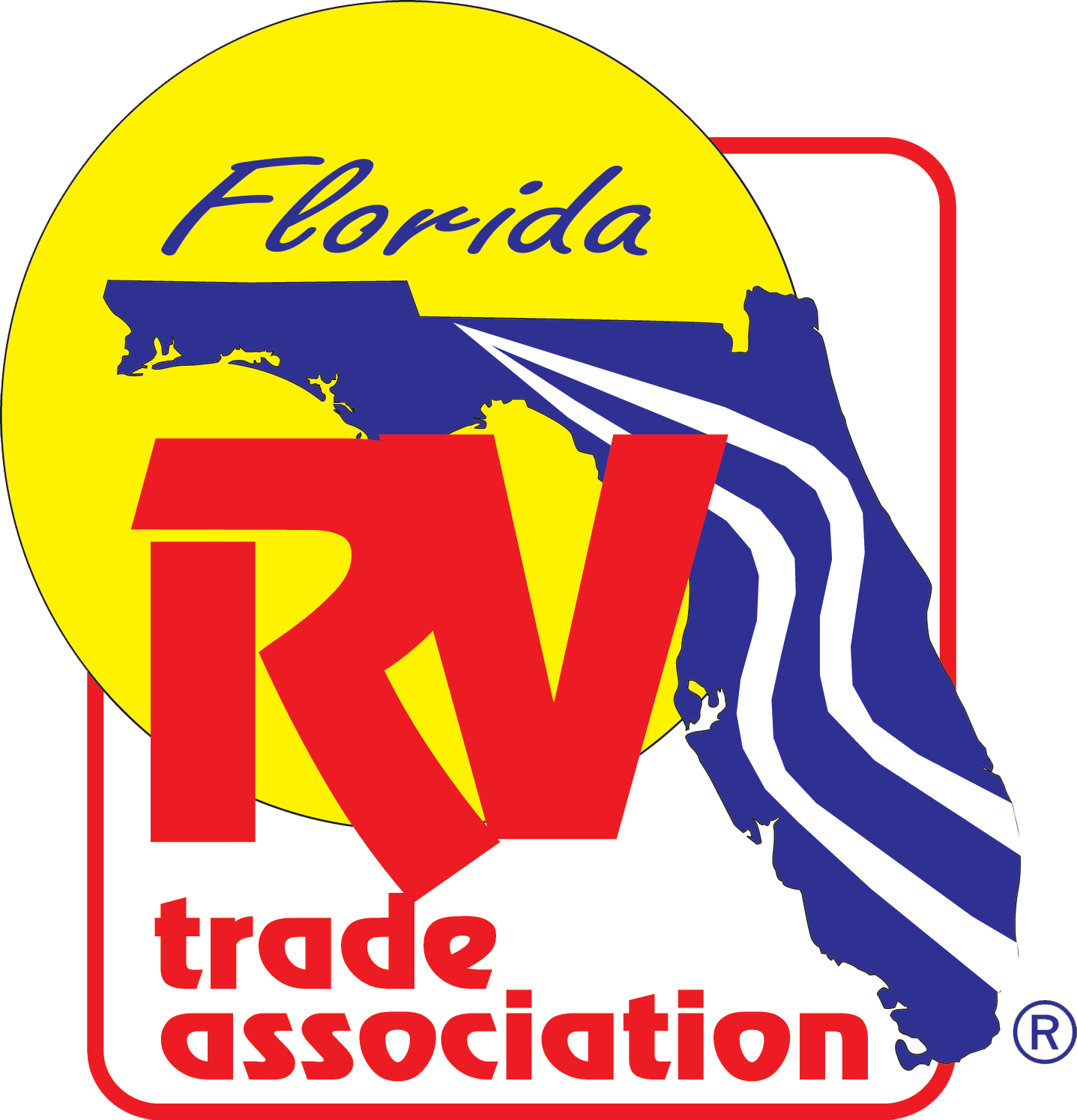The Shift Toward Longer Stays
A recent study of U.S. short-term rental data, including Airbnb bookings between 2019 and 2024, revealed a shift toward extended trips. The average booking length rose from 3.7 nights pre-pandemic to a stable 4.1–4.4 nights after 2021. The median stay increased from 2 to 3 nights. Long-stay bookings of 28 nights or more, which nearly doubled during pandemic restrictions, have now stabilized at around 2.2%. This trend has given rise to a new traveler profile often referred to as “slomads.” Unlike fast-paced tourists, slomads prefer slow, extended travel that allows them to immerse themselves in communities, work remotely, and enjoy more meaningful experiences on the road.
Opportunities for Campgrounds and RV Parks
Campgrounds and RV parks are in a prime position to benefit. Longer stays can mean more predictable occupancy and steadier revenue. To appeal to this audience, operators may want to consider offering weekly or monthly pricing structures, enhanced Wi-Fi, and amenities that support remote work. Features like co-working spaces, quiet areas, or reliable cellular boosters could set a park apart. Seasonal packages might also be attractive to travelers who prefer to stay in one place for weeks or months at a time.
New Revenue Streams for Dealerships and Suppliers
For dealerships and service providers, longer-stay travel can drive demand for different kinds of products and services. RVers who are living in their rigs for extended periods are more likely to invest in preventative maintenance, spare parts, and accessory upgrades. Dealerships can tailor service packages or promote extended-stay essentials such as solar panels, water-saving devices, or comfort upgrades. Suppliers may also find an opportunity in offering recurring services like propane delivery, mobile repair, or bundled accessory kits designed for long-term travelers.
The Future of RV Travel
The slomad trend signals a broader shift in how people view RVing. It is no longer just about quick getaways or cross-country road trips. Increasingly, RVs are being used as flexible living and working spaces, supporting lifestyles that blend travel with stability. For FRVTA members, this represents an important chance to evolve alongside consumer expectations. By embracing this trend and tailoring products, services, and amenities to meet the needs of longer-stay RVers, members can position themselves as leaders in a growing market segment.
